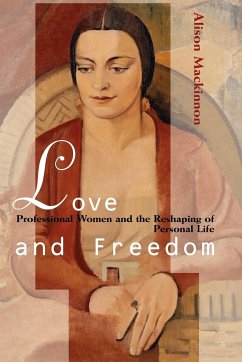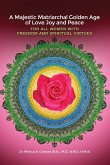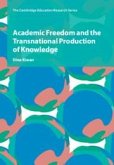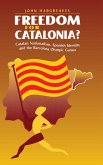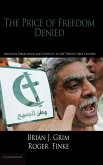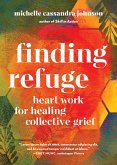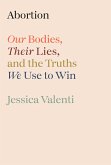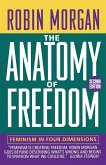At the turn of the century educated women frequently had to choose between 'love' and 'freedom', but they confidently expected that their daughters and grand-daughters would not. Can the educated women of the 1990s have both autonomy and commitment - the pursuit of a career and a fulfilling personal life? In this book, Alison Mackinnon traces the history of women's challenges to changes in education, employment, reproductive science and law. She shows the connection between the lives of the first generation of women university graduates and the sudden decline in the national birthrate. So dramatic was this shift that it sparked a Royal Commission into its cause. Alison Mackinnon's extensive research shows that the declining birthrate was not simply the result of 'selfish', educated, young women refusing to bear the burdens of motherhood, but was symptomatic of a larger questioning of the role of women in procreation, the role of women in marriage and the institution of marriage itself. Access to education was the first step in the changing balance of power between men and women. Increased economic power, work opportunities and knowledge of contraception resulted in increased choice about when to marry and have children, and indeed, if to marry and have children at all. This re-evaluation of marriage and motherhood continues today and the same tools of guilt and intimidation are at work. HIV/AIDS, eugenics and claims of 'race suicide' are all being used to try to restate monogamy, heterosexuality and marriage and curtail sexual freedom. Utilising social and government history, autobiography and statistical analysis, Alison Mackinnon shows that 'the Marriage Problem' exists as much in the 1990s as it did in the 1890s. Men and women today are still challenging the boundaries between work and home, profession and private life, trying to find a way to have it all.
Table of contents:
Preface; Acknowledgements; Epigraph; 1. Gender crisis and social anxiety; 2. The selfishness of women: moral panic and the declining birthrate; 3. Sexuality and reproduction: narratives of demography and discourse; 4. The curse of Eve? family formation and the university woman; 5. 'This dependence of the woman in marriage unspeakably distasteful': from wife to woman; 6. Two antagonistic worlds? love and the life of the mind; 7. The internationalization of the human heart; 8. Conclusions: both gifts in one hand?
Can the educated women of the 1990s have both a career and a fulfilling personal life? This book traces the history of women's responses to changes in education, employment, reproductive science and law since the 1890s.
This book traces the history of women's responses to changes in education, employment, reproductive science and law since the 1890s.
Hinweis: Dieser Artikel kann nur an eine deutsche Lieferadresse ausgeliefert werden.
Table of contents:
Preface; Acknowledgements; Epigraph; 1. Gender crisis and social anxiety; 2. The selfishness of women: moral panic and the declining birthrate; 3. Sexuality and reproduction: narratives of demography and discourse; 4. The curse of Eve? family formation and the university woman; 5. 'This dependence of the woman in marriage unspeakably distasteful': from wife to woman; 6. Two antagonistic worlds? love and the life of the mind; 7. The internationalization of the human heart; 8. Conclusions: both gifts in one hand?
Can the educated women of the 1990s have both a career and a fulfilling personal life? This book traces the history of women's responses to changes in education, employment, reproductive science and law since the 1890s.
This book traces the history of women's responses to changes in education, employment, reproductive science and law since the 1890s.
Hinweis: Dieser Artikel kann nur an eine deutsche Lieferadresse ausgeliefert werden.

